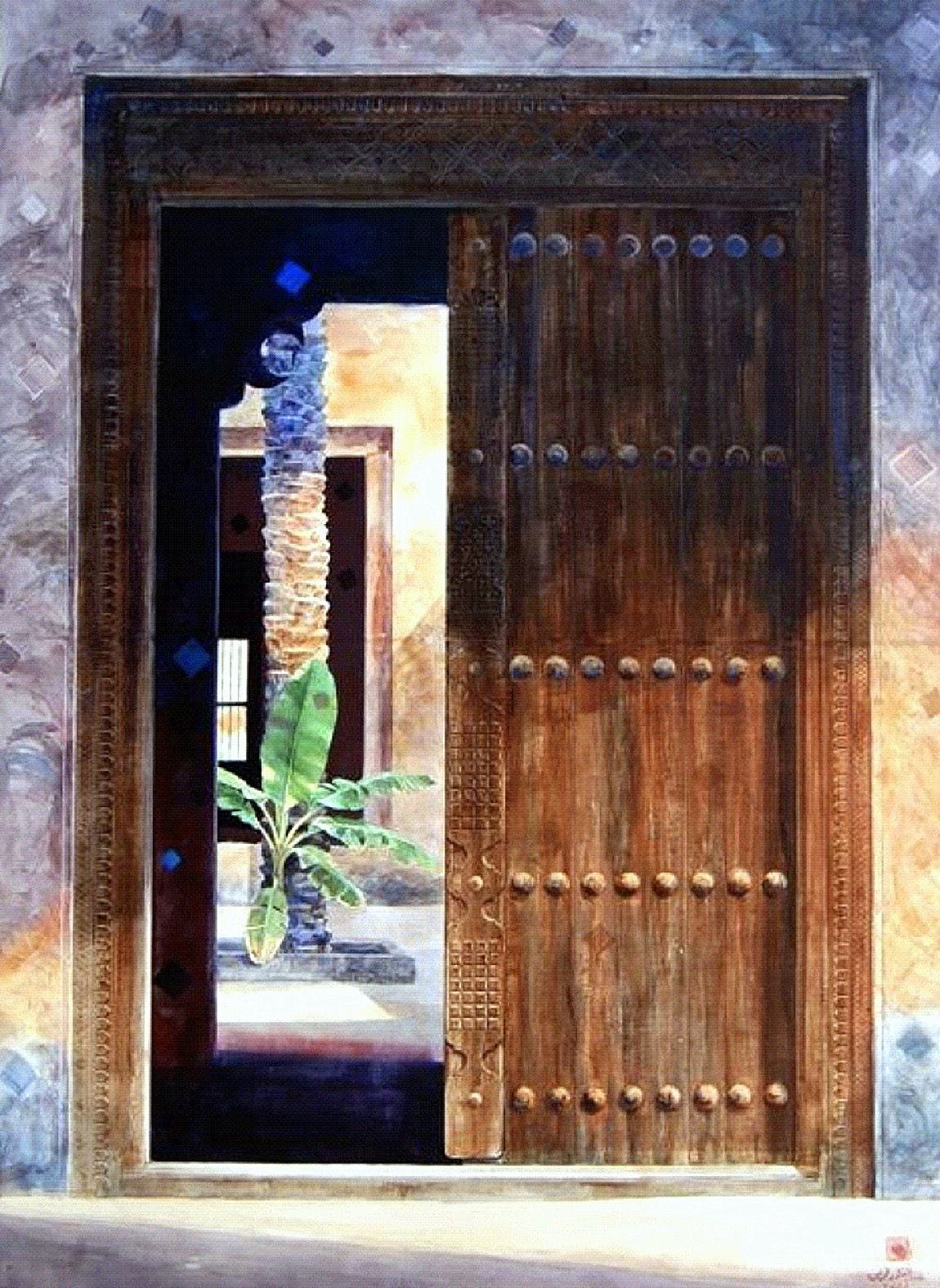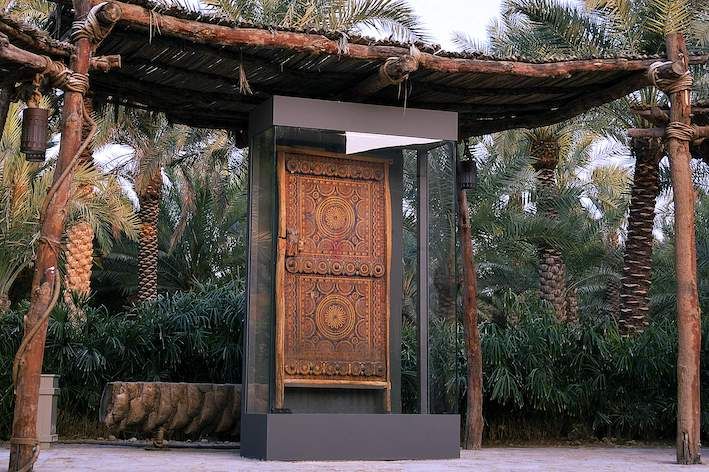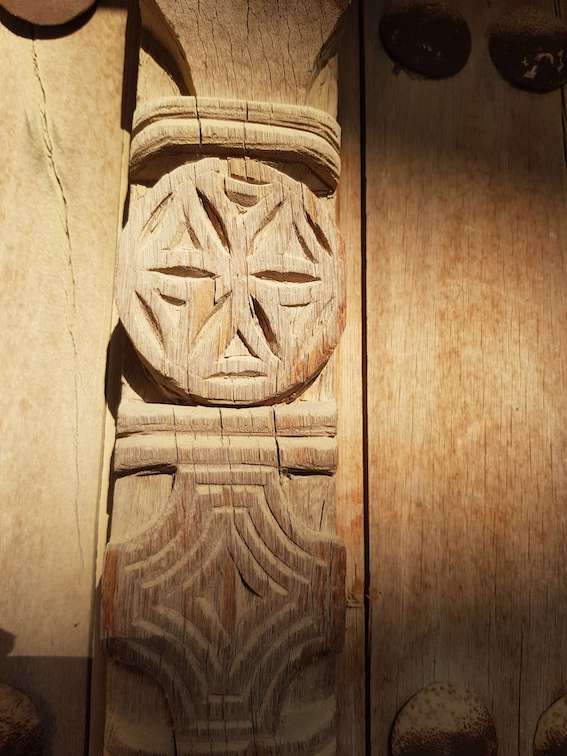Darwish between Death and Oblivion
“Untitled” 2023 - Etel Adnan, from the “Between East and West” collection exhibited at Ithra.
Forgotten, as if you never were.
Like a bird’s violent death
like an abandoned church you’ll be forgotten,
like a passing love
and a rose in the night . . . forgotten
I am for the road . . . There are those whose footsteps preceded mine
those whose vision dictated mine. There are those
who scattered speech on their accord to enter the story
or to illuminate to others who will follow them
a lyrical trace . . . and a speculation
Forgotten, as if you never were
a person, or a text . . . forgotten
I walk guided by insight, I might
give the story a biographical narrative. Vocabulary
governs me and I govern it. I am its shape
and it is the free transfiguration. But what I’d say has already been said.
A passing tomorrow precedes me. I am the king of echo.
My only throne is the margin. And the road
is the way. Perhaps the forefathers forgot to describe
something, I might nudge in it a memory and a sense
Forgotten, as if you never were
news, or a trace . . . forgotten
I am for the road . . . There are those whose footsteps
walk upon mine, those who will follow me to my vision.
Those who will recite eulogies to the gardens of exile,
in front of the house, free of worshipping yesterday,
free of my metonymy and my language, and only then
will I testify that I’m alive
and free
when I’m forgotten!
Translated from Arabic by Fady Joudah: Palestinian American physician, poet, and translator.
The arts, including poetry, immortalize humanity... a crack in the nature of forgetfulness, a cornerstone in the memory of societies, and an act of resistance to the triviality of life. We write about life and death, love and sorrow, experiences and loss. We reminisce about what once was, and eulogize to pick up the broken pieces of our hearts.
The Palestinian poet Mahmoud Darwish (1941-2008) lived a hard life. The days piled their challenges upon him, testing him with each step, and leaving their indelible mark upon his poetry. We see the impact of his reality of living as a Palestinian in general, and the illness in the last years of his life in particular, all of which shaped his experience.
Death was not absent from Mahmoud’s poetry, but rather than simply being about death of the body, it was more about the soul’s resistance to this death; by enduring and triumphing over death. And this can only happen by resisting oblivion itself through the very act of poetry.
Who would the poet be if his poems died? If the days erased his trace? In his poem (Forgotten, as if you never were), which was part of the collection (Don’t Apologize for What You Did) published in 2003, Mahmoud begins from the hypothesis that death is an incitement to oblivion, for everything that will be said has been said, and everything that will be written has been written, and life in its vastness is nothing but a vicious circle of repetitions... until he opens a new door to defining oblivion, since the poet’s freedom is only through his death in the eyes of others, so his life - anew - and then his freedom, are nothing but the products of oblivion.


